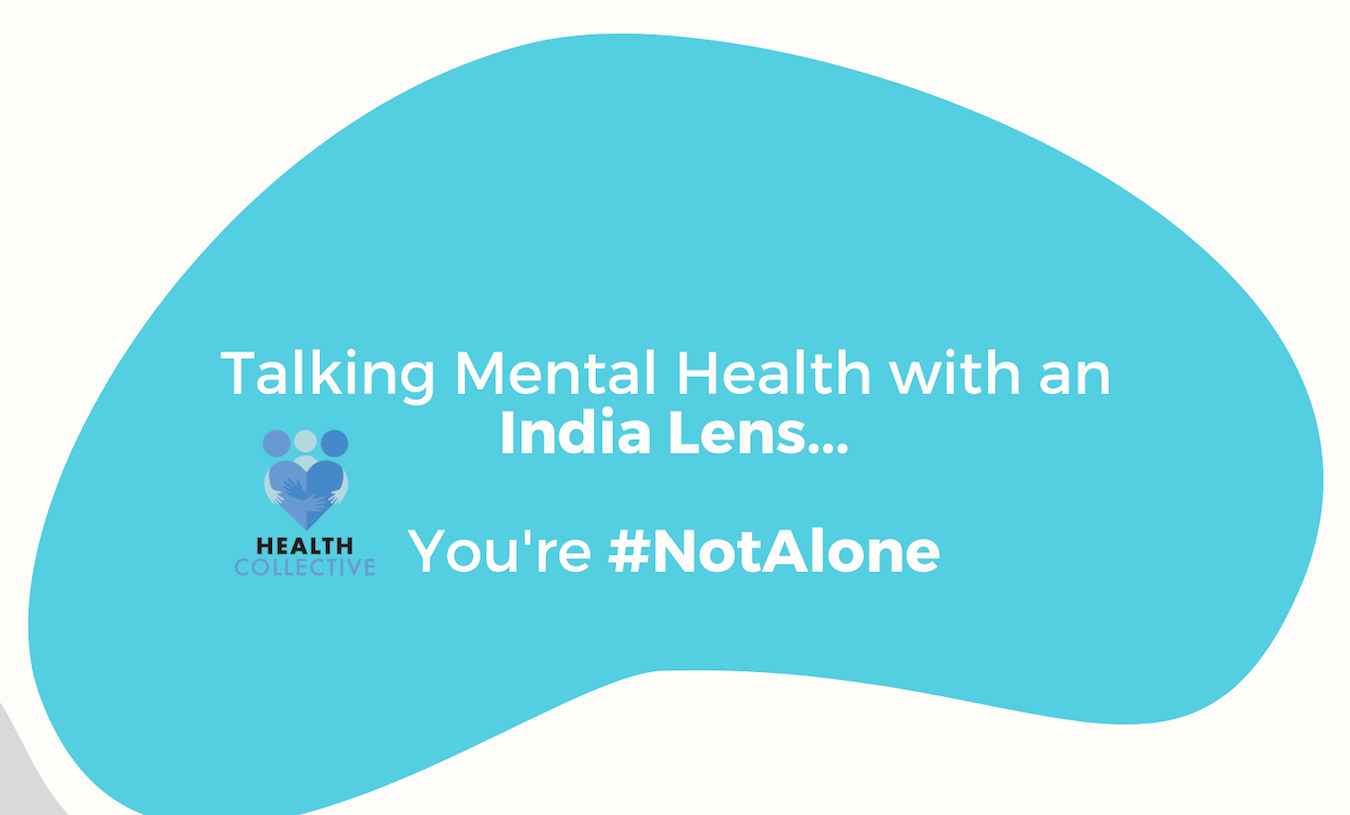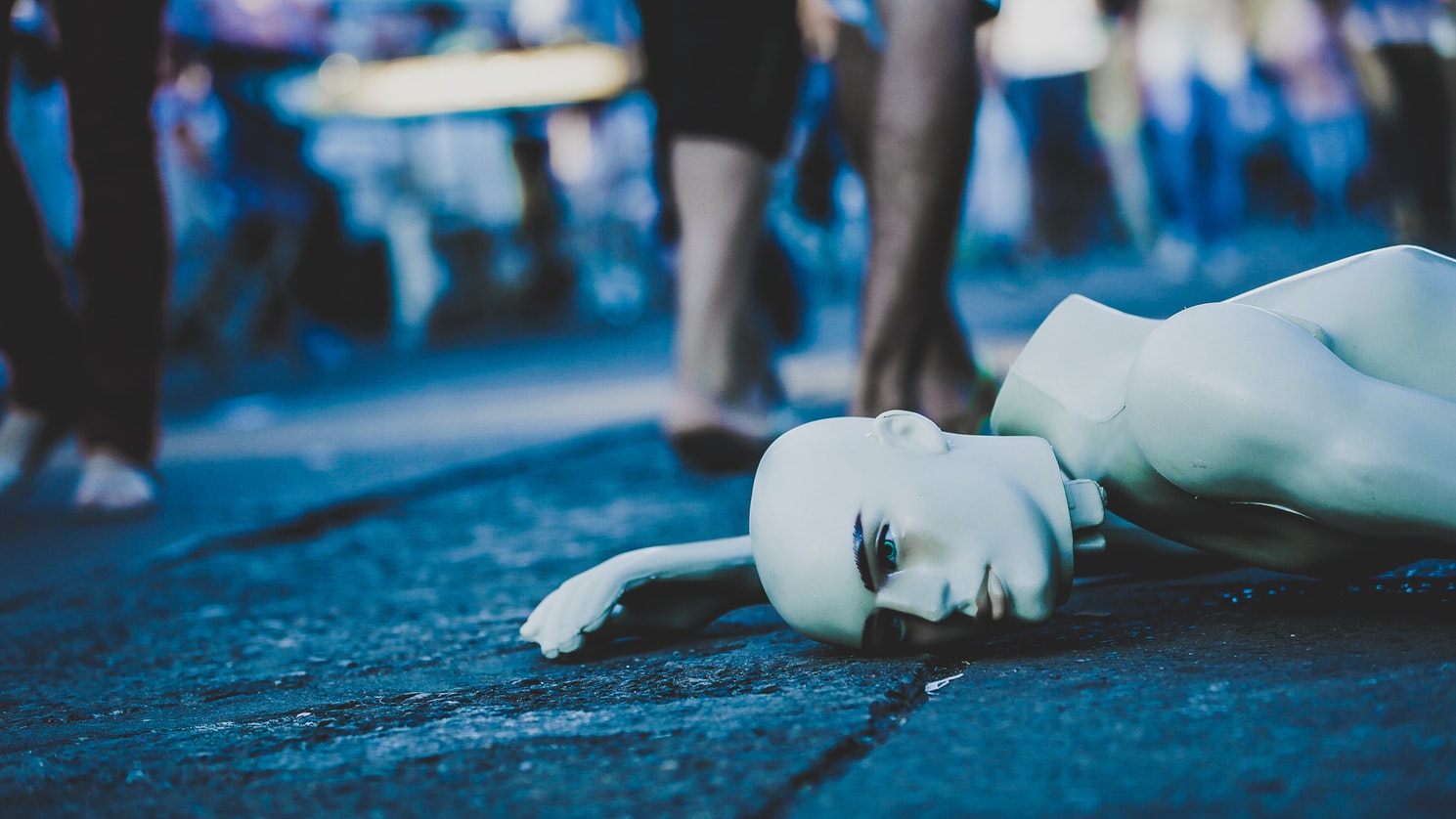Ask The Experts: Understanding Anxiety Disorders
By Varkha Chulani
All anxiety is unhealthy.
When you are concerned about how you are going to do in an exam, at work, with people, etc you are in the ‘healthy’ or as lay people would say ‘normal’ range. For example, most of us get butterflies in our stomach before making a presentation, when our work is being appraised, or when we are meeting a date for the first time. This is ‘normal’.
However should that feeling linger, and begin to make us feel all wound up, where we tremble, shake and cannot make our presentation, or cry when the appraisal has not even taken place, or avoid going on the date, then we could safely say you have tripped from healthy concern to unhealthy anxiety.
So look out for:
- If the butterflies last too long
- If you cry incessantly before something important
- If you are not able to present things, if you avoid meetings, avoid stating your piece, being submissive, etc
- If you avoid things which are needed to ‘get ahead’ in life, whether in a professional career or in your personal life
How common are anxiety disorders?
Anxiety Disorders are more common than we think.
As a clinician and a psychotherapist I look out for two kinds of anxieties that people suffer from. Ego anxiety and/or discomfort anxiety. They can exist exclusively or together.
Under Ego Anxiety, the most common:
Fear of Failure; Fear of Exposure; Feelings of Humiliation / Insult; Social Avoidance
The entire cognitive tilt is towards the “I”.
For example, I must not go wrong if I undertake this assignment because if I do, it will prove that I am worthless.
Under Discomfort Anxiety, the most common:
Social Avoidance; Procrastination; Intolerance for change of any kind; Addictions; Weight issues
The cognitive bias here is towards ease and comfort.
For example, I must not have to go through any suffering or discomfort, else life is unbearable.

What is an anxiety disorder? What do you look out for?
Anxiety disorders are conditions that occur due to faulty ideation and/or imagination. The basis for all anxiety is cognition.
Thoughts / Pictures —> Anxiety (Ego or Discomfort or both) —> Physiological Reactions of the body —> Behaviour patterns or Actions
Some Physiological Reactions can include:
- Sweating
- Palpitations
- Increased Heart Rate
- Increased Blood Pressure
- Dilation of Pupils
- Nausea
- Urge to Urinate or Defecate
- Sleeplessness
- Dry Mouth
- Trembling / Shaking
- Stammering
- Tics
Behaviour or Actions

What would you want people to absolutely be aware of, so they can come in early on? What should people be prepared for in therapy?
If people are honest with themselves they need to ask if they are merely existing or thriving in their life? All anxiety debilitates and paralyses. It restricts and restrains. Creativity, sensible risk taking, flourishing, adventure, etc come to people who are confident. They are not worried about proving themselves and are willing to struggle towards things that are important for them.
Therapy empowers. It releases you from self-created shackles of faulty ideas and images. Very lucidly put, it reconstructs the way you look at life.
Therapy enables you to go out and live!




